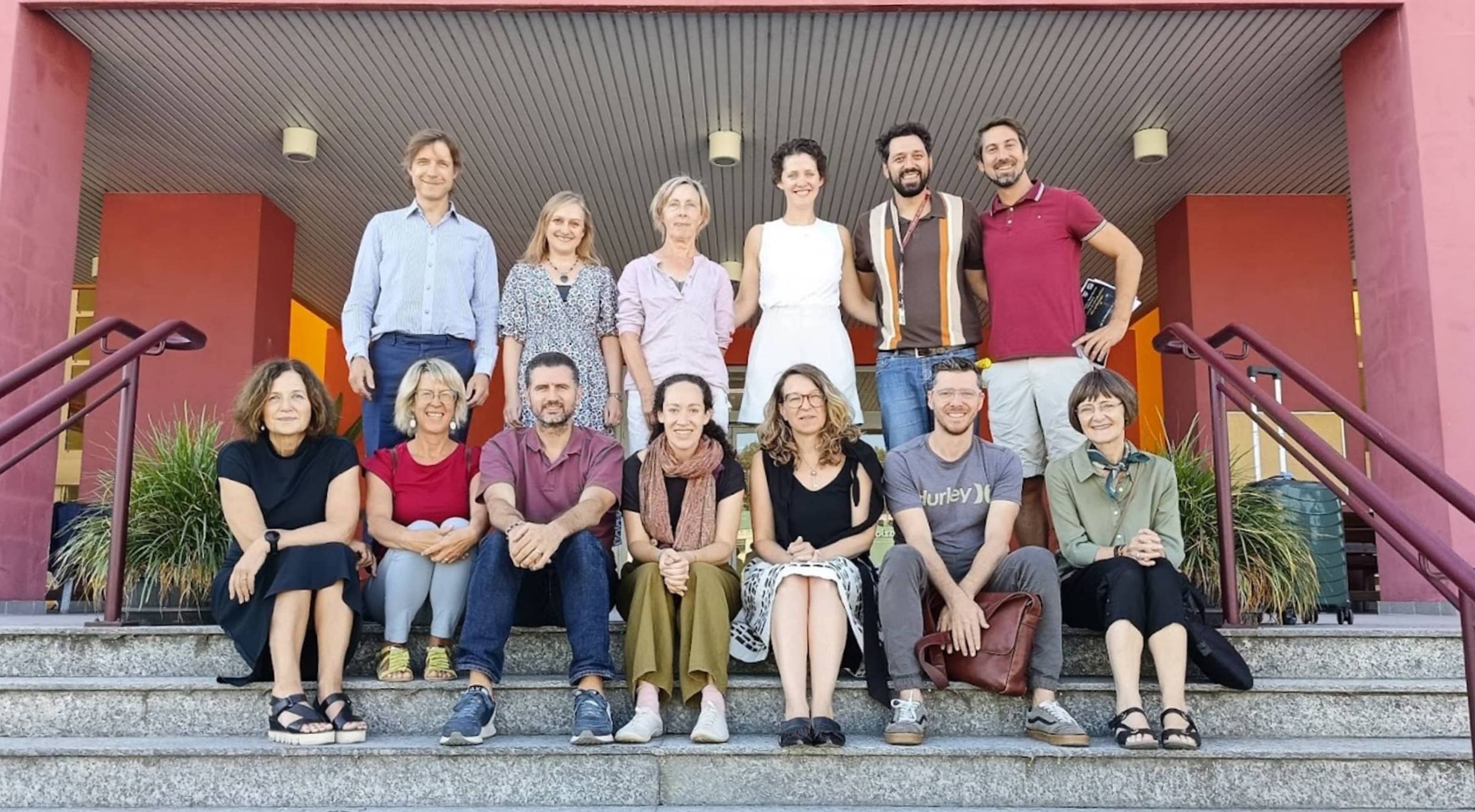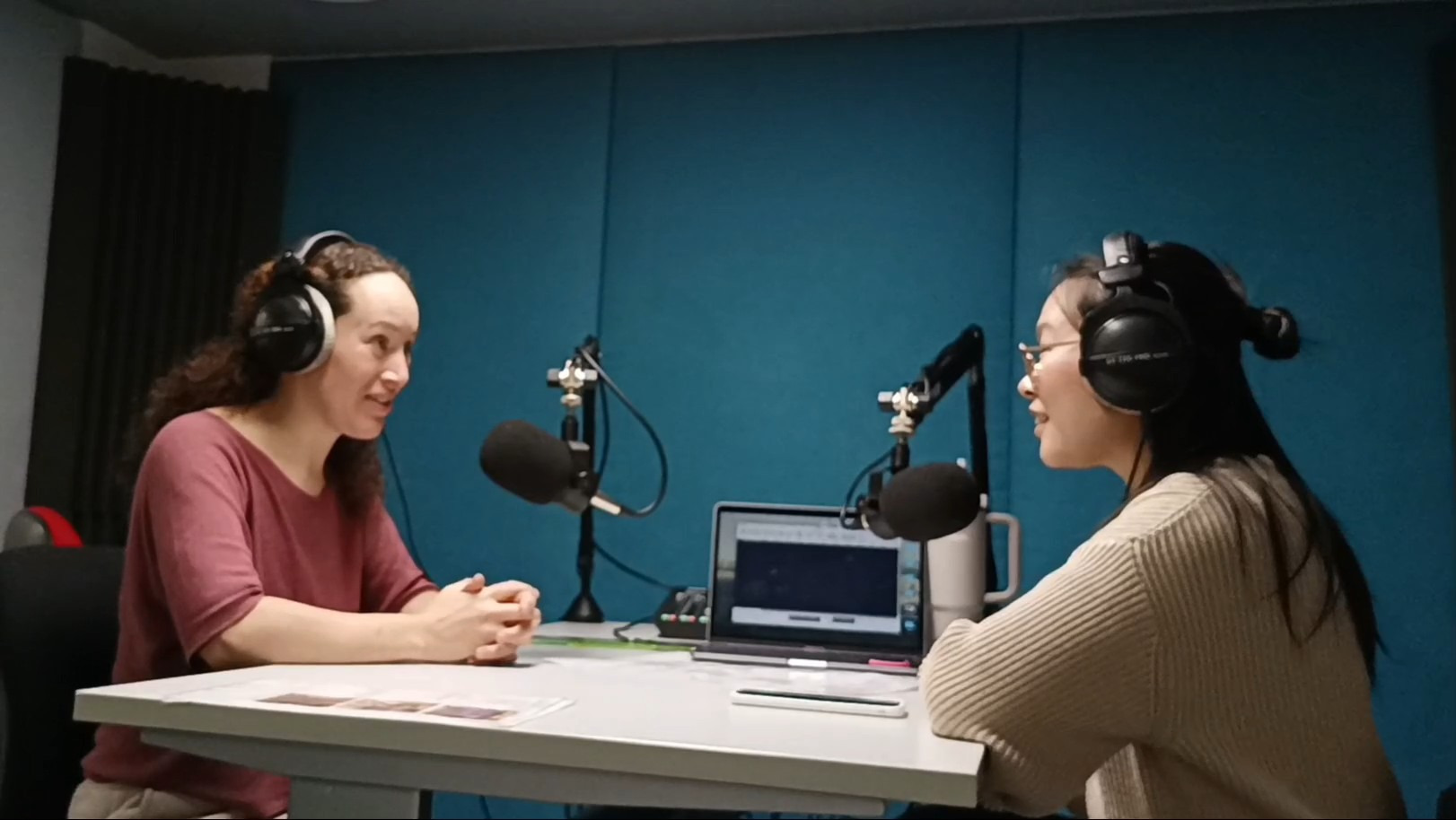As part of a joint Short-Term Scientific Mission (STSM), Giulia Ferroni along with Fabiana De Angelis from BOKU University, Austria, visited Wageningen University & Research in the Netherlands. The three-month mission, conducted from January to April 2025, was hosted by Liesbeth Bolhuis and Inonge Reimert. The STSM focused on exploring the concept of flow in pigs, a state of deep engagement in an intrinsically motivating activity, as a pathway to promote positive animal welfare.
The aim of the STSM was to develop and pilot three cognitive tasks designed to induce flow-like states in pigs, thereby expanding current welfare research beyond the mitigation of negative experiences towards the active promotion of positive affective states.
Three innovative task designs were created and refined:
- Task 1: Rooting task – This task stimulated natural exploratory behaviour using varied substrates and enrichment materials. Multiple combinations were tested to determine which materials best captured and maintained the pigs’ interest.
- Task 2: Sliding maze game – Designed to balance physical effort with cognitive challenge, pigs were trained to move an object along a track. The complexity of the task increased progressively based on the pigs’ responses, with new shapes and layouts introduced during the pilot phase.
- Task 3: Interactive Whack-A-Mole game – A button-based game requiring pigs to respond to audiovisual cues. Three levels of difficulty were piloted to elicit varying affective responses, simulating boredom (easy), flow (moderate), and frustration (difficult).
To assess flow, both behavioural and physiological indicators were monitored. These included tail posture, ear position, vocalisations, task engagement, and heart rate variability (HRV). To evaluate focus, a series of distractors—including novel objects, lights, and sounds—were introduced during task performance. The pilot enabled the selection of the most effective distractors to be used in the main study. Furthermore, recognising the importance of individual differences, personality assessments were incorporated through Open Field and Novel Object tests. In addition, a competence test was developed and successfully piloted. This involved presenting pigs with solvable and unsolvable challenges to assess their problem-solving abilities, adaptability, and emotional regulation—traits closely linked to the experience of flow.
This STSM provided a comprehensive foundation for the upcoming experimental phase. The three tasks developed during the mission show considerable promise in eliciting intrinsically motivated behaviours in pigs. The integration of behavioural and physiological indicators offers a novel and multidimensional framework for assessing flow in animals.
Beyond its scientific contributions, the STSM facilitated valuable academic exchange. Collaborative work with the research team at Wageningen University & Research included protocol development, and piloting sessions.
This STSM marks a significant step towards innovative, welfare-enhancing approaches in animal behaviour research. It advances the scientific understanding of positive welfare through cognitive engagement and supports the COST Action’s commitment to promoting animal flourishing through enriching and evidence-based practices.




